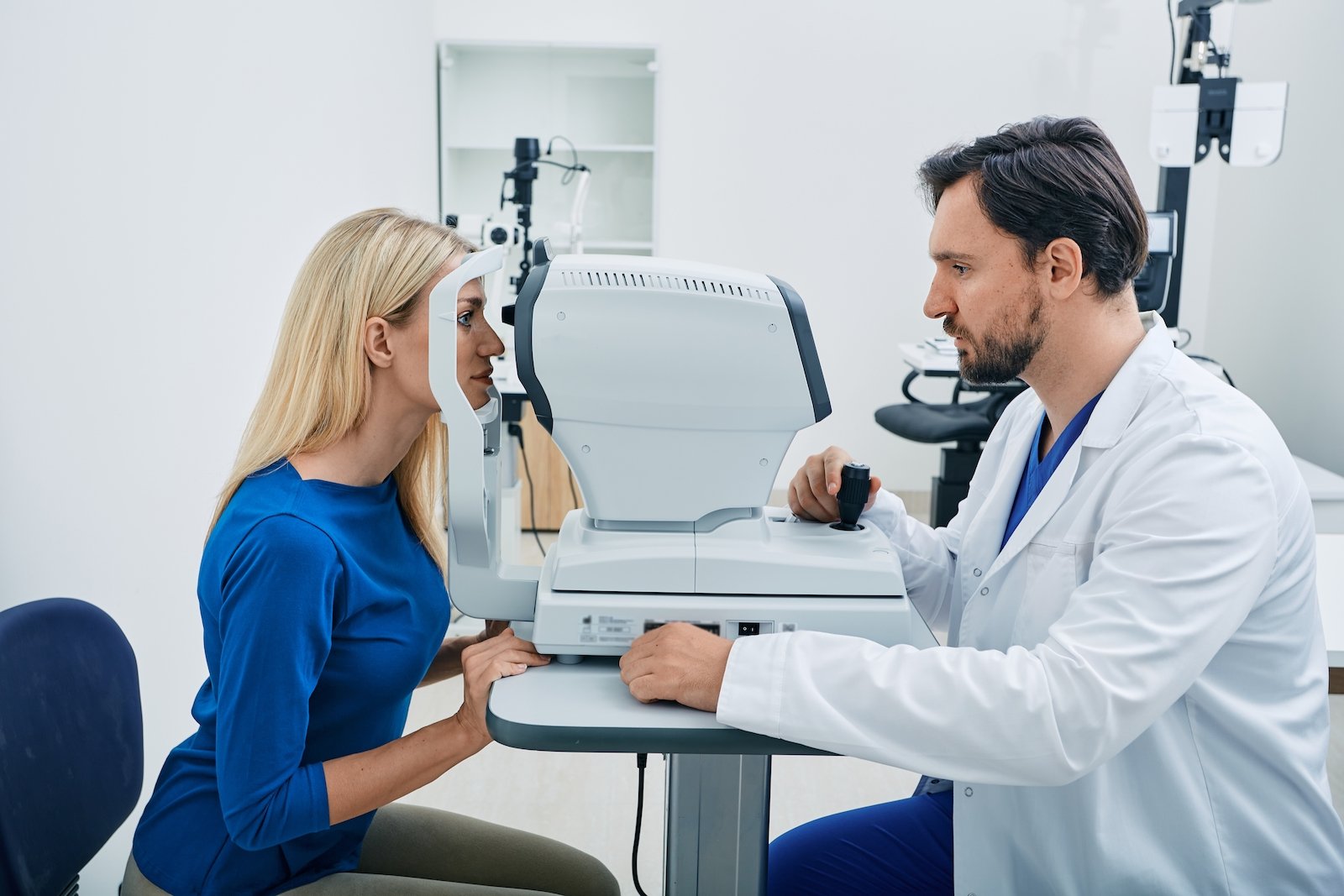Flexible Spending Accounts (FSAs) and Health Savings Accounts (HSAs) are powerful tools that help you save money on healthcare expenses. They allow you to use pre-tax dollars to pay for various medical expenses, reducing your taxable income and saving you money. In 2024, employees are permitted to contribute up to $3,200 to an FSA through payroll deductions. In 2022, the average contribution was slightly below $1,300.
In 2024, individuals can contribute up to $4,150 to an HSA, whereas families can contribute up to $8,300. Those aged 55 and older are allowed an additional $1,000 contribution. For 2025, the contribution limit will increase to $4,300 for individuals and $8,550 for families.
It is essential to estimate your healthcare expenses for the year and contribute accordingly. FSAs have a “use-it-or-lose-it” policy, so be sure to use your funds before the deadline to avoid losing money.
Using your FSA and HSA funds wisely can lead to significant savings on healthcare expenses. By understanding what items are eligible, you can make the most of these accounts and ensure that your medical needs are met without unnecessary financial strain. Here’s a comprehensive list of items you can buy with your FSA and HSA.
Prescription Medications

Prescription medications are a primary expense that can be covered by your FSA and HSA. Whether you need antibiotics for an infection, ongoing medication for chronic conditions like diabetes or hypertension, or even birth control pills, these accounts can help reduce out-of-pocket costs. Just make sure to keep the prescription from your healthcare provider as proof of the necessity.
Additionally, many specialized medications, including those for mental health and rare diseases, are also eligible, providing broad coverage for various health needs. This can significantly ease the financial burden of managing long-term medical conditions.
Over-the-Counter (OTC) Medications

Thanks to the CARES Act, over-the-counter medications are now eligible for FSA and HSA reimbursement without needing a prescription. This includes a wide range of items such as pain relievers (like aspirin and ibuprofen), cold and flu remedies, antacids, and allergy medications. This change has made managing everyday health issues more affordable.
Menstrual Care Products

Another significant update from the CARES Act is the inclusion of menstrual care products as eligible expenses. You can now use your FSA and HSA funds to purchase tampons, pads, menstrual cups, and other similar products. This is a crucial addition, providing financial relief for a recurring monthly expense.
First Aid Supplies

Creating or restocking a first aid kit is a smart move, and your FSA and HSA can help cover the costs. Eligible items include bandages, gauze, antiseptic wipes, first aid creams, and even over-the-counter treatments for burns and cuts. Having a well-stocked first aid kit at home or in your car can be a lifesaver during emergencies.
Medical Equipment

Various medical devices that assist in monitoring and managing health conditions are covered. This includes blood pressure monitors, glucometers for diabetes, and thermometers. Even more specialized equipment like CPAP machines for sleep apnea and their necessary accessories can be purchased with FSA and HSA funds, making it easier to maintain and manage health at home.
Eye Care

As America ages, vision and eye problems are becoming more common. Currently, 90 million Americans over the age of 40 experience these issues. Eye care is essential, and your FSA and HSA can help cover costs related to vision. This includes expenses for eye exams, prescription eyeglasses, contact lenses, and even prescription sunglasses. Additionally, supplies such as contact lens solution and cleaning products are eligible, ensuring you can maintain proper eye health without financial strain.
Dental Care

While cosmetic dental procedures are typically not covered, many necessary dental expenses are. Routine cleanings, fillings, root canals, and even orthodontic treatments like braces can be paid for with your FSA and HSA. These accounts also cover dental pain relievers and fluoride treatments, helping you maintain good oral health.
Therapy and Counseling

Mental health is just as important as physical health. Your FSA and HSA can be used to cover therapy and counseling services, including visits to psychologists, psychiatrists, and licensed therapists. This also includes marriage counseling and substance abuse treatment programs, ensuring you can access the mental health support you need.
Chiropractic Services

Chiropractic care for issues such as back pain, neck pain, and other musculoskeletal problems is an eligible expense. Regular visits to a chiropractor can be part of your treatment plan, and using your FSA or HSA can help alleviate the financial burden. This is particularly beneficial for those dealing with chronic pain or injuries.
Vaccinations and Immunizations

Preventative care is crucial for maintaining good health. Vaccinations and immunizations, including flu shots, are eligible expenses. This also covers vaccines for diseases like shingles, hepatitis, and HPV. By using your FSA or HSA for these costs, you can protect yourself and your family from preventable illnesses. Regular vaccinations not only safeguard individual health but also contribute to public health by preventing the spread of infectious diseases.
Prenatal and Postnatal Care

For expecting mothers, FSAs and HSAs can be a significant help. These accounts cover a variety of prenatal and postnatal expenses, including prenatal vitamins (with a prescription), breast pumps, nursing supplies, and maternity compression garments. This financial support can make a big difference during pregnancy and the early stages of motherhood.
Alternative Treatments

Certain alternative treatments, such as acupuncture, are eligible expenses if they are prescribed to treat a specific medical condition. This also includes services like osteopathy and some holistic therapies. Always check with your FSA or HSA provider to confirm eligibility for specific treatments, as policies can vary.


